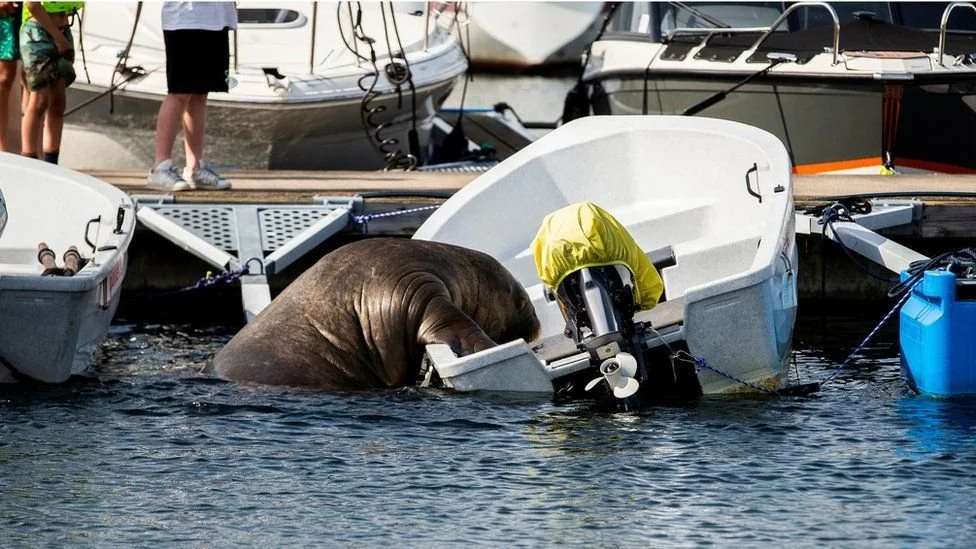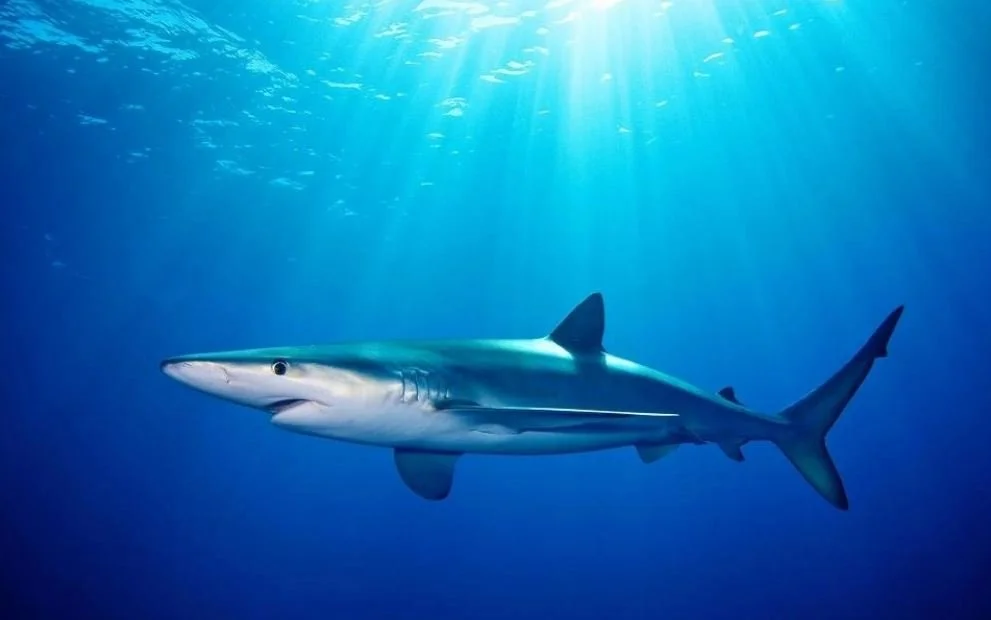Shark Attack Spike: Good News?
There’s been at least five shark attacks in the Northeast over the past month, enough to temporarily close a few Long Island beaches to swimming. Shark panic is an annual summer tradition, but perhaps the uptick in bites is a good sign.
First, the not-good news. It’s possible that sharks are moving north earlier in the season because the ocean is warmer and sharks prefer cooler temps. Just a hypothesis at this point, but climate change could be bringing more sharks into contact with humans. (On the West Coast, increasing numbers of juvenile great white sharks are heading north as the Pacific ocean heats up.)
"So as we see warmer waters, we're seeing marine species expand their ranges and are shifting their ranges," Mike Heithaus, a marine biologist at Florida International University, told ABC News.
But the prevalence of sharks could also mean we’re doing something right. Conservation efforts that boost fish populations are almost certainly attracting predatory sharks, who live on fish. The waters off the Atlantic coast are cleaner than they were twenty years ago, since we no longer just dump our garbage into it. Sharks like clean water with lots of fish.
Whatever is bringing sharks and humans together is not cause for alarm. You’re more likely to die from an asteroid strike than a shark bite, not that either would be a pleasant way to go. Marine biologists and other experts tell us that sharks aren’t really that into human meat, and that very often a bite is from a confused juvenile – who usually just swims away after having a little taste.
“They're not mindless killing machines,” says Heithus.
Photo credit: Atlantic White Shark Conservancy







